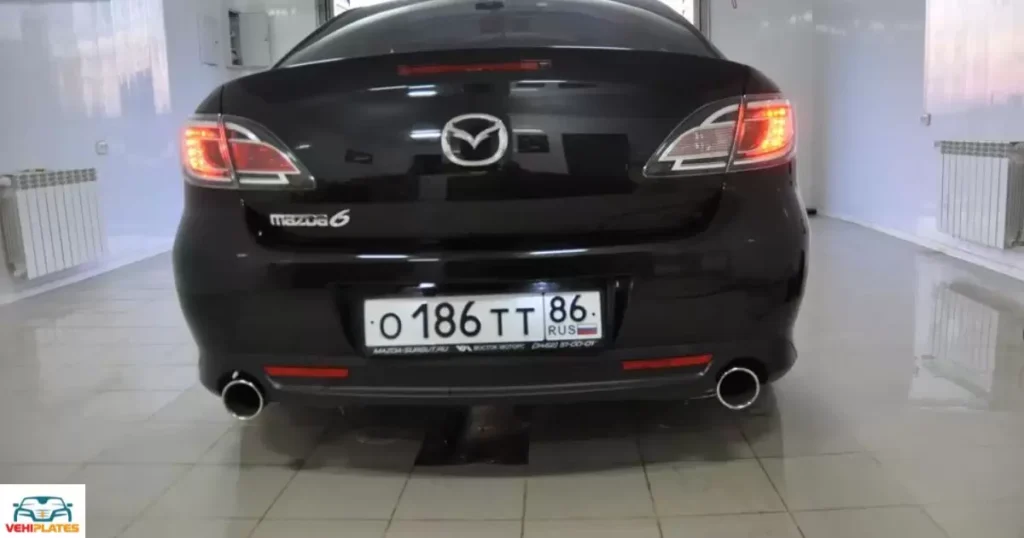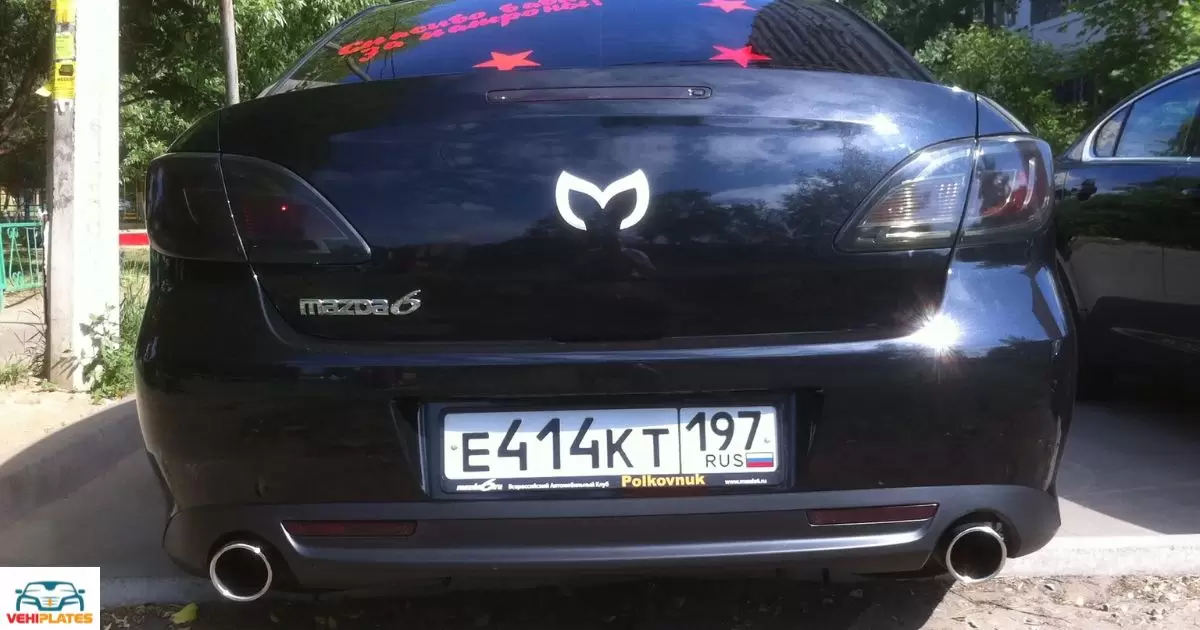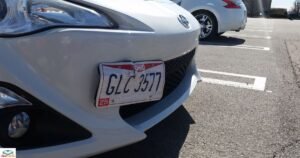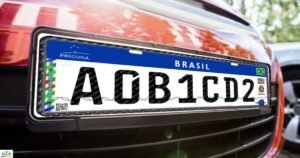A license plate is a metal or plastic plate attached to a vehicle displaying a unique combination of letters, numbers, or both. It serves as an identification mark for the vehicle, helping authorities and others to track ownership and registration details easily.
“Why Would Someone Take A Picture Of My License Plate?” This question might pop into your mind if you’ve ever noticed someone aiming a camera at your car’s license plate. It’s a curious situation that raises concerns about privacy, security, or potential legal implications.
Someone taking a picture of your license plate could be for various reasons. It might be for benign purposes like documenting a parking violation, gathering evidence in case of an accident, or even for insurance claims.
Understanding License Plate Photography
Understanding license plate photography involves recognizing the various reasons why someone might capture images of license plates. Whether for legal documentation, surveillance, or identification purposes, this practice can have diverse implications.
By delving into the motives and implications behind license plate photography, individuals can better comprehend its significance in modern society.
Potential Motives Behind Capturing License Plates
The motives behind capturing license plates can vary widely. Some individuals may do so for innocent reasons, such as recording details of a traffic accident or documenting parking violations.
Others might have more nefarious intentions, like using the information for surveillance, stalking, or even identity theft. Understanding these potential motives is crucial in safeguarding privacy and ensuring the responsible use of license plate data.
Legal Implications of Photographing License Plates

- Photographing license plates raises legal questions regarding privacy rights and data protection.
- Depending on jurisdiction, capturing license plates without consent may infringe upon individuals’ privacy.
- Some countries have specific laws regulating the use and dissemination of license plate data.
- It’s essential to understand the legal ramifications before engaging in any form of license plate photography to avoid potential legal consequences.
Privacy Concerns Regarding License Plate Surveillance
Privacy concerns regarding license plate surveillance are on the rise as technology enables easier and more widespread tracking of vehicles. Individuals worry about their movements being monitored without their consent, leading to fears of potential stalking or profiling.
The accumulation of license plate data raises questions about who has access to this information and how it may be used, sparking debates over the balance between security and privacy in modern society.
Common Scenarios of License Plate Documentation
| Common Scenarios | Description |
| Car Accidents | Recording license plates for insurance claims. |
| Parking Violations | Documenting infractions for enforcement purposes. |
| Toll Collection | Automated systems capturing plate information. |
| Vehicle Registrations | Verifying ownership during registration processes. |
| Surveillance Purposes | Monitoring vehicles for security or investigative reasons. |
These common scenarios highlight various contexts in which license plate documentation occurs, from mundane everyday activities to more specialized uses such as surveillance and law enforcement.
Risks Associated with Unauthorized License Plate Photography
Unauthorized license plate photography poses significant risks, including the potential for invasion of privacy and misuse of personal information. Such actions can lead to increased vulnerability to identity theft, stalking, and harassment.
Capturing license plate data without consent may violate laws and regulations governing data protection and surveillance. It is crucial to raise awareness about these risks and take appropriate measures to safeguard individuals’ privacy and security.
Technology’s Role in License Plate Tracking

- Technology plays a pivotal role in license plate tracking.
- Automated license plate recognition (ALPR) systems utilize cameras and software to scan and capture license plate data.
- GPS technology integrated with ALPR systems enables real-time tracking of vehicles.
- Data analytics tools analyze and interpret license plate information for various purposes, including law enforcement, traffic management, and commercial applications.
Safety Measures to Protect Against License Plate Surveillance
Safety measures to protect against license plate surveillance include investing in anti-spy license plate covers, which can blur or obscure the plate when viewed from certain angles. Parking in well-lit areas and using secure parking facilities can deter unauthorized photography.
Regularly checking for any suspicious devices attached to your vehicle and being vigilant of your surroundings can also help mitigate the risk of license plate surveillance.
Addressing Misuse of License Plate Data
- Implement strict regulations to govern the collection and usage of license plate data, including guidelines on where to put stickers on license plates.
- Establish secure databases with limited access to prevent unauthorized use or hacking.
- Conduct regular audits and assessments to ensure compliance with privacy laws and ethical standards.
- Provide avenues for individuals to report misuse of their license plate data and take swift action against offenders.
Ethical Considerations in License Plate Photography
Ethical considerations in license plate photography revolve around the balance between privacy and public safety. While capturing license plate information can aid law enforcement in investigations and traffic management, it raises concerns about individual privacy rights.
Transparency, consent, and responsible use of this data are essential to ensure ethical practices. Regulations and guidelines must be established to govern the ethical conduct of license plate photography to prevent misuse and infringement on personal liberties.
FAQ’s
What are some legitimate reasons for someone to take a picture of my license plate?
Legitimate reasons include documenting a car accident, recording evidence of a parking violation, or for insurance claims.
Is it legal for someone to take a picture of my license plate without my permission?
In most cases, yes. License plates are considered visible in public spaces, so capturing them in photographs is generally permissible.
Should I be concerned if someone takes a picture of my license plate?
It depends on the context. While some instances, such as for traffic violations, may be routine, it’s essential to remain vigilant and assess the situation for any potential privacy or security risks.
Conclusion
Capturing images of license plates raises questions about privacy and safety. It’s important to recognize the potential reasons behind this action, whether for legitimate purposes like accident documentation or for more concerning activities like surveillance.
Understanding the implications of license plate photography is crucial for protecting personal information and ensuring ethical practices in the use of such data.
Stay vigilant and informed to safeguard against misuse and uphold individual rights in an increasingly digital world.










